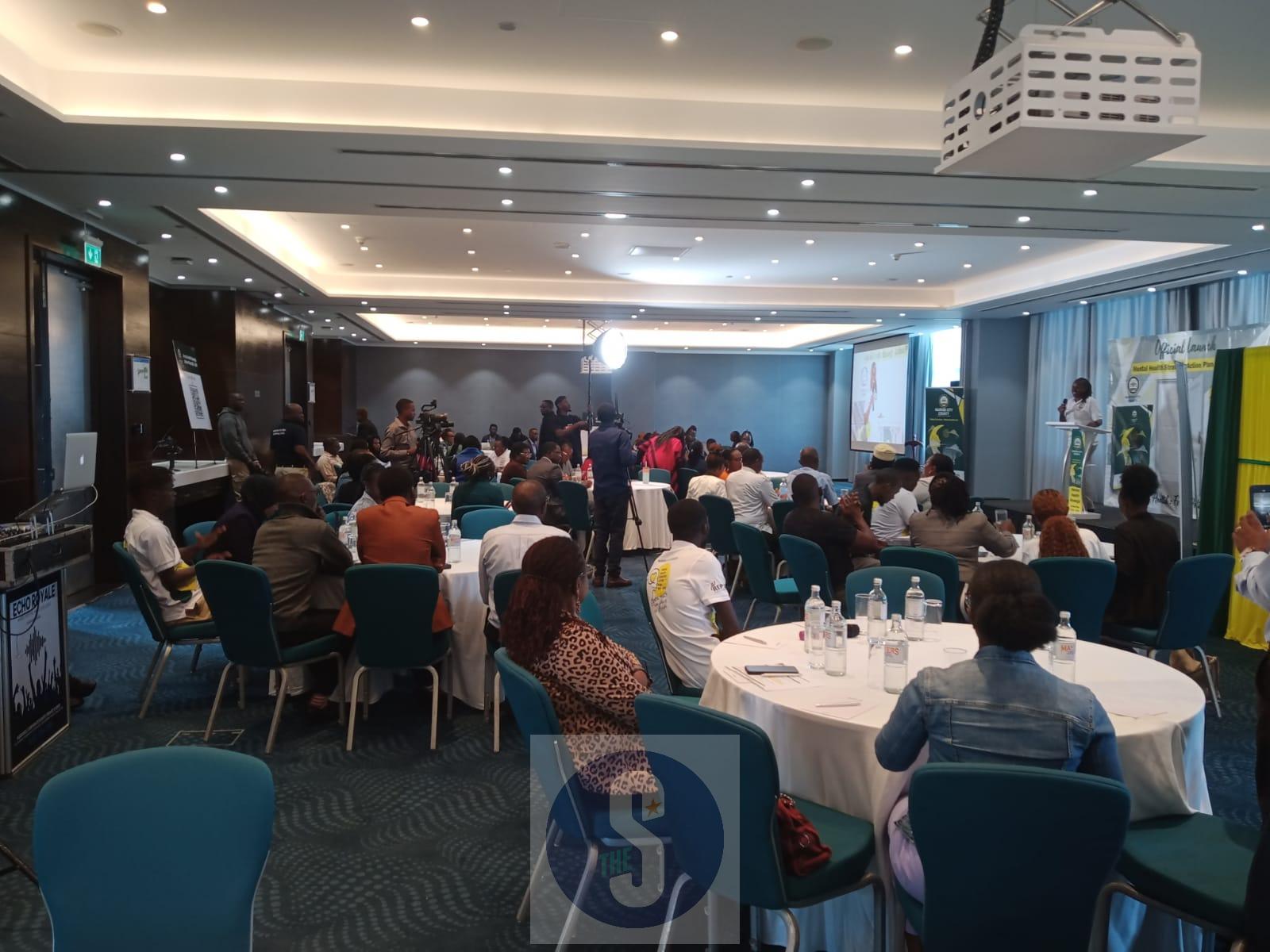
Nairobi City County has launched its Mental Health Strategic Action Plan in collaboration with the Ministry of Health and various non-governmental organisations.
The plan aims to operationalise the Kenya National Mental Health Action Plan at the county level, with a focus on decentralisation, community-centred approaches, and multi-sectoral collaboration.
The strategy is aligned with the County Integrated Development Plan (CIDP), Universal Health Coverage (UHC), and the National Mental Health Policy.
An estimated budget of Sh5.3 billion will be required over five years, with at least Sh1 billion expected to be raised annually.
This marks a significant milestone, as it is the first mental health-specific strategic document developed by Nairobi City County.
The Ministry of Health commended Nairobi County for aligning its mental health strategy with national frameworks and demonstrating commitment to implementing previously outlined national policies.
MoH has incorporated 18 core mental health indicators into its reporting tools, reflecting a renewed emphasis on data-driven mental health governance.
The Ministry also pledged continued support through technical assistance, policy alignment, and capacity building to ensure the successful implementation of Nairobi’s plan.
Speaking at the launch, Head of Mental Health and Psychosocial Support (MHPSS), Stella Waruingi, emphasised the importance of localised governance in health service delivery. She advocated for the establishment of County Mental Health Councils and coordination units, noting their critical role in oversight, protecting patient rights, and ensuring effective implementation.
“We need structures and governance. The Mental Health Act specifically calls on counties to establish leadership that includes a county-level Mental Health Council,” Waruingi stated.
“This achievement is more than a policy document. It is a declaration that mental health matters—that no one should suffer in silence.”
She urged partners to align existing and new grants with the strategy, adopt common indicators for reporting through the Technical Working Group (TWG), and prioritise outcome-based reporting in future TWG meetings.
Currently, 58 per cent of Nairobi’s population, approximately 2.9 million people, live in informal settlements, which are often underserved and face significant mental health and socio-economic challenges.
All 118 county health facilities have been registered under the Social Health Authority Platform in line with the UHC agenda.
Additionally, 7,800 Community Health Promoters have been deployed and are receiving stipends from the county to support their work in community-based healthcare.
Nairobi City County Director of Medical Services, Dr Essam Said, noted that recent national clinical guidelines and language-gap training packages are now available to assist frontline healthcare workers in diagnosing and managing mental health conditions.
He further highlighted the critical role of Community Health Promoters (CHPs) in screening and referring mental health cases, especially in areas where specialised mental health professionals are limited.
Dr. Said concluded by stating that the strategic plan is designed to empower communities, reduce stigma, and improve access to care through the integration of mental health services into primary healthcare.
“Today marks a great day for all of us. We represent approximately five million Nairobi residents and also serve populations from neighbouring counties,” he said.











